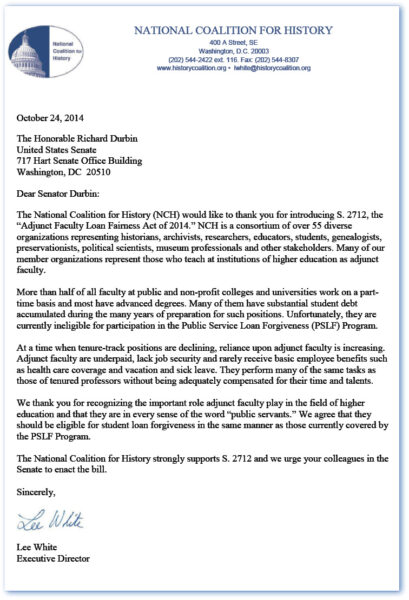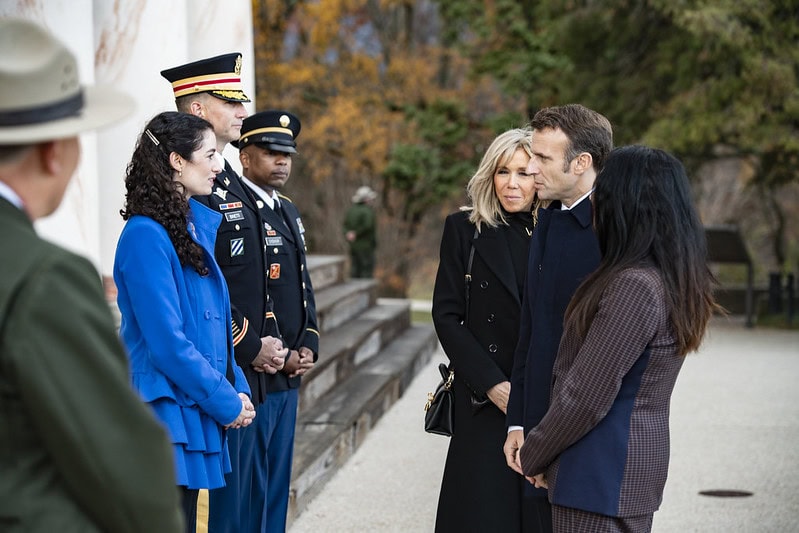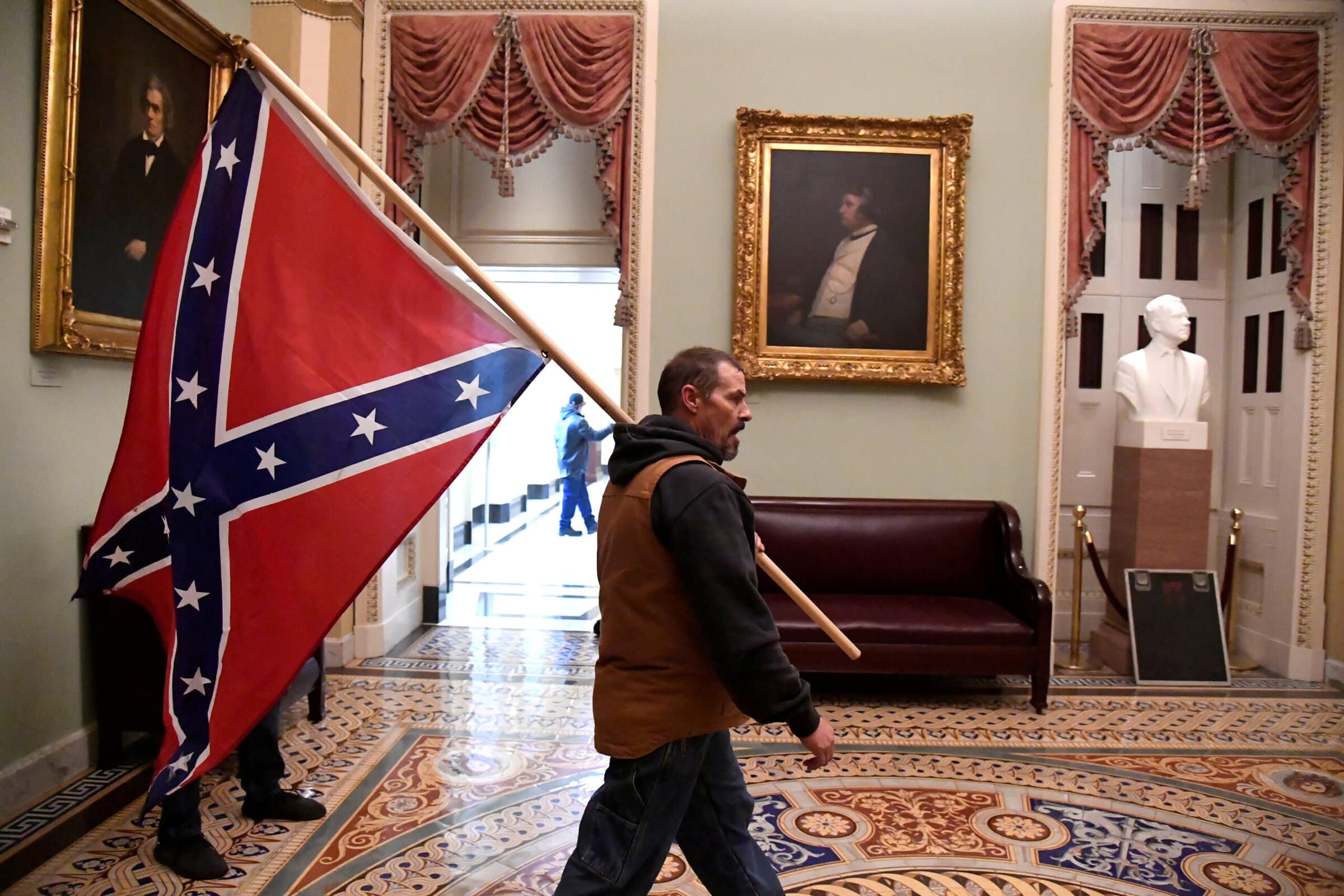Despite the election-year lull in congressional activity, the National Coalition for History has been busy with activities supporting an important bill that will bring real, material benefits to adjunct faculty and a marketing campaign to raise the visibility of the coalition’s efforts and the history community generally.
NCH Supports Fairness for Adjunct Faculty
Senator Dick Durbin (D-IL) recently introduced S. 2712, the Adjunct Faculty Loan Fairness Act of 2014. The bill would allow part-time faculty—who are often paid low wages with few benefits—to participate in the federal student loan forgiveness program for public servants. NCH has sent a letter to Senator Durbin, reproduced here, supporting passage of the legislation.
Many NCH organizations that include adjunct faculty among their members have been attempting to improve their working conditions. Both the American Historical Association and the Organization of American Historians have issued statements supporting S. 2712.
According to the Department of Education, the Public Service Loan Forgiveness (PSLF) program “is intended to encourage individuals to enter and continue to work full-time in public service jobs. Under this program, [graduates] may qualify for forgiveness of the remaining balance due on [their] William D. Ford Federal Direct Loan Program (Direct Loan Program) loans after . . . having made 120 qualifying payments” on those loans while employed full-time by certain public service employers.
According to a press release from Senator Durbin’s office, “Although many educators may also qualify—including full-time faculty at public universities and some part-time faculty at community colleges—other faculty members who only work part-time may not be eligible for the program.” The legislation would add teaching as an adjunct faculty member at colleges and universities to a list of other professions that currently qualify for loan forgiveness, including public health, law enforcement, the military, and public education.
Thousands of faculty at public and nonprofit colleges and universities work on a part-time basis, and most have advanced degrees. Many of them have accumulated substantial student debt during their many years of preparation for such positions. Unfortunately, they are currently ineligible for participation in the PSLF program.
At a time when tenure-track positions are declining, reliance upon adjunct faculty is increasing. Adjunct faculty are underpaid, lack job security, and rarely receive basic employee benefits such as health care coverage, vacation, and sick leave. They undertake many of the tasks performed by tenured professors without being adequately compensated for their time and talent.
It is not likely the Senate will take action on the bill late in the session. However, the NCH is planning to send a letter to all senators urging them to become cosponsors when the bill is reintroduced when the 114th Congress convenes in January.

NCH Launches Marketing Campaign
In October, the National Coalition for History published an infographic touting our accomplishments and organizational mission. The infographic provides a snapshot of our advocacy efforts to better inform our membership and promote NCH to potential new members. The release of the infographic marks the beginning of a concerted outreach campaign geared toward motivating like-minded groups involved in history advocacy to join the coalition and encouraging groups whose memberships in NCH have lapsed to return to the fold. You can view the infographic on the NCH website: historycoalition.org/brochure.
At part of our effort to reach both our existing members and other organizations whose mission statements resonate with our agenda, we highlighted a range of NCH’s advocacy victories, striving to include a multitude of interests. The brochure highlights issues that have been important for our community in such diverse areas as K–12 education, historic preservation, and the expedited declassification and processing of records to make them available to the public as soon as possible. During the final weeks of 2014, NCH will be taking preliminary steps leading to the creation of a Senate History Caucus to complement our House History Caucus.
NCH Welcomes New Members
The NCH continued to grow in 2014. This summer we welcomed the Records Preservation and Access Committee (RPAC) to the coalition. RPAC is comprised of the National Genealogical Society (NGS), the Federation of Genealogical Societies (FGS), and the International Association of Jewish Genealogical Societies (IAJGS). FGS represents hundreds of genealogical societies, and NGS and IAJGS represent over 9,000 genealogists. As some of the most frequent users of archival records, genealogists add a large, politically active constituency to NCH.
We know that many of you belong to other professional organizations in addition to the AHA. We encourage you to share our link with the leadership and members of those groups to demonstrate the value of belonging to NCH. For a list of the current members of the National Coalition for History, visit historycoalition.org/about/current-member-organizations.
The infographic is NCH’s initial rollout of a new marketing and branding strategy that will grow to include a redesigned website, an updated logo, and more active social media channels. You should expect to see these updates over the next six months, but we will keep you aware of new material as it becomes available.
© 2014, the National Coalition for History
This work is licensed under a Creative Commons Attribution-NonCommercial-NoDerivatives 4.0 International License. Attribution must provide author name, article title, Perspectives on History, date of publication, and a link to this page. This license applies only to the article, not to text or images used here by permission.


.jpg)
